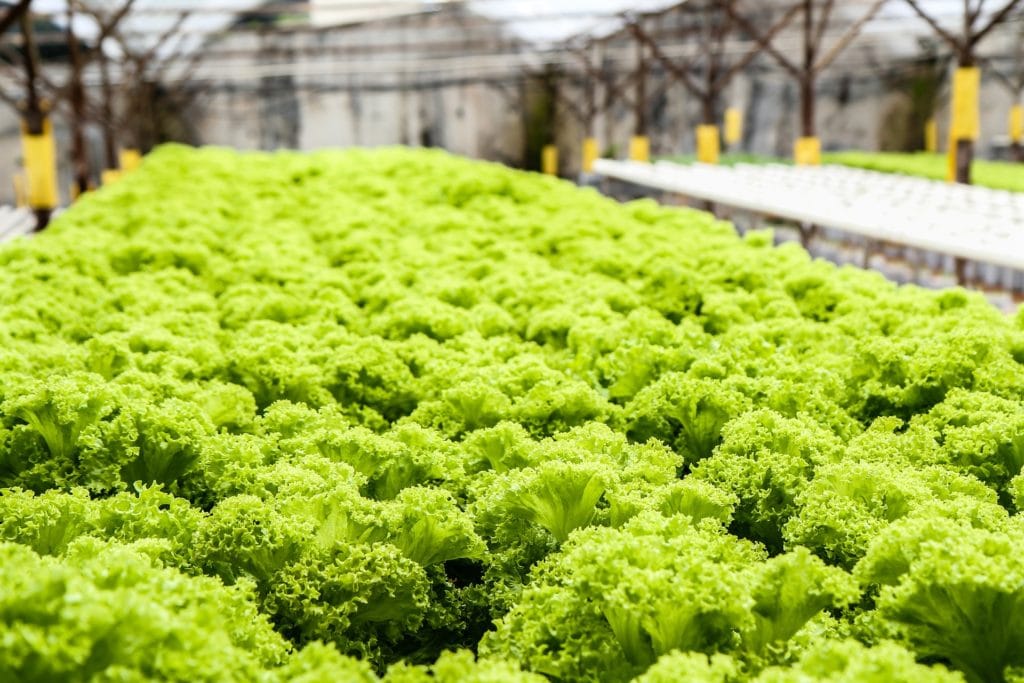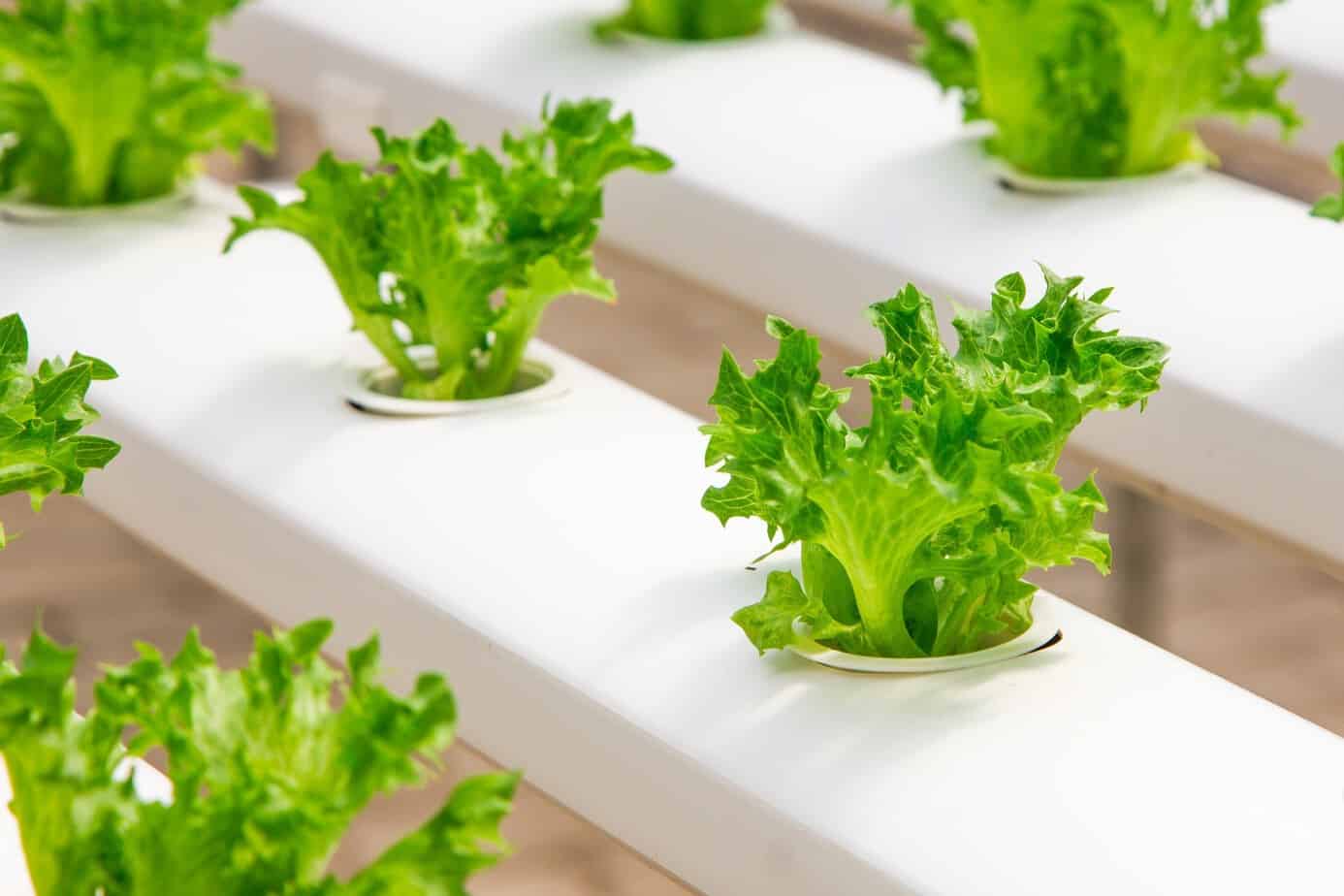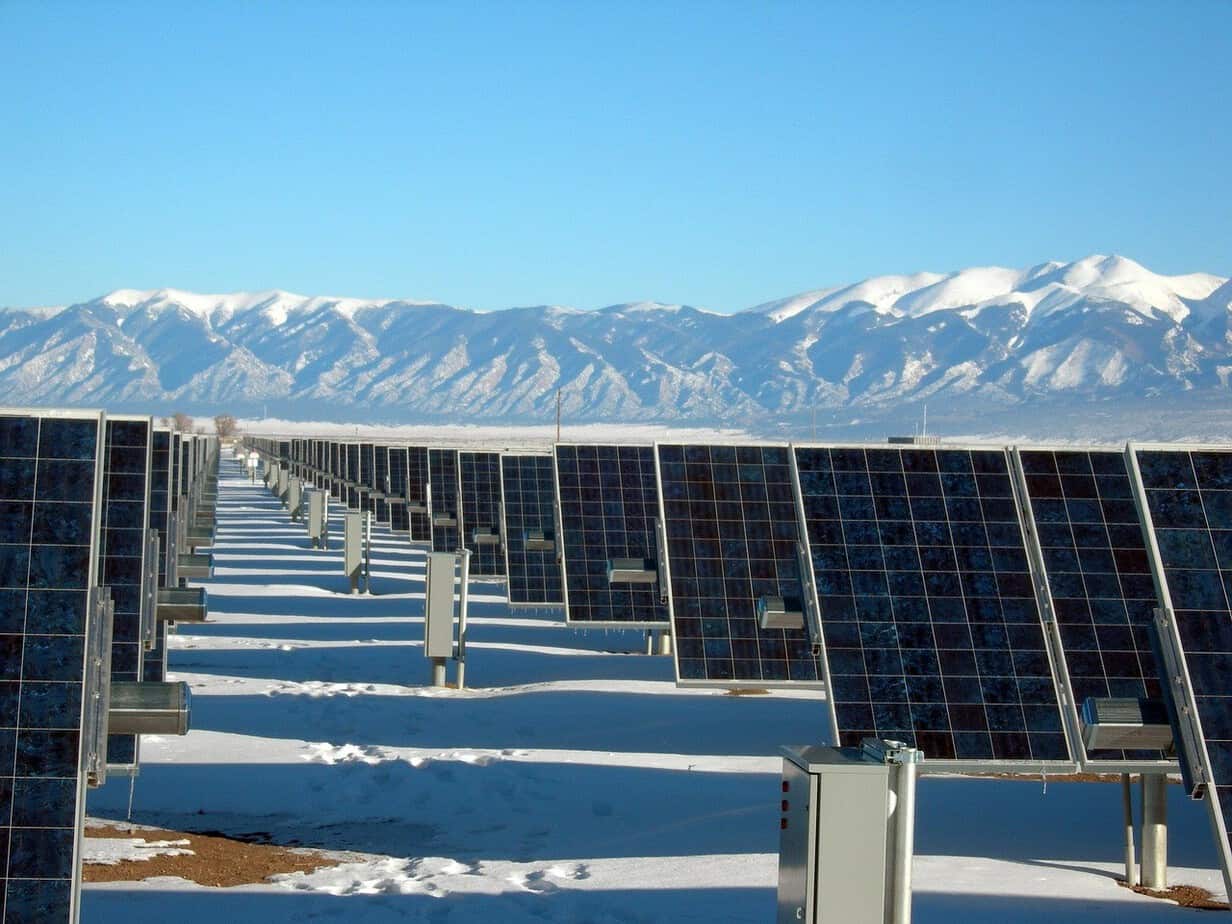A good many people can envision only one type of garden. The most common type of garden that a majority of people have in mind involves plants of different types grown in dirt. In this day and age, a good amount of produce grown in the United States and elsewhere around the world is cultivated hydroponically. Indeed, the trend towards growing vegetables, and other plants, hydroponically has been on the upswing in recent years. If you are interested in gardening, you will want to take at least an introduction to hydroponics.
The Basics of Hydroponics
In basic terms, hydroponics provides a way of growing crops without the use of soil. As is the case in a traditional garden or plot, plants are grown in rows. However, the roots of the pants are in water rather than being placed in soil.
A common mistake about the traditional manner in which plants are grown is that soil itself incorrectly is regarded as being the nutrients for plants. In reality, soil provides the structure, but not the actual nutrients, for the plants being grown in that medium.
The food, or nutrients, for plants comes from materials that are mixed in the soil, but not from the soil itself. In the case of hydroponically grown plants, nutrients are blended with the water and drawn into the crops with the liquid as the base or structure.
Hydroponically cultivated plants grow faster than their counterparts grown in soil. In addition, hydroponically cultivated plants are also healthier. They do not need to contend with diseases that are found in soil.
Another fairly pervasive misconception about hydroponics is that plants can only be grown on a large scale. Indeed, a great deal of media attention as been paid to large hydroponic operations. In this day and age, a person can utilize hydroponics on a small scale. There are do it yourself kits or systems available for the home gardener
In many ways, hydroponics is simpler than growing plans in soil. In the final analysis, plants need food, air, water, and appropriate nutrients. When broken down in this way, it becomes easy to see that hydroponics provides plants everything they need to grow and thrive.
Advantages to Hydroponics
As mentioned previously, an increasing number of people are utilizing hydroponics. This includes home gardeners. There are a variety of important, significant benefits associated with hydroponics.
One important benefit is that hydroponics permits you the ability to grow more plants per square foot of space. By using hydroponics, plant roots are directly fed via the water and nutrient mix. As a result, there is not competition for root space, as occurs when plants are grown in the soil. The net effect of this is that you will obtain higher yields per square foot when you elect to grow vegetables hydroponically.

Another advantage of hydroponics is found in the fact that plants actually grow faster. Plants obtain all of the nutrients they must have to flourish in the proper proportions when grown hydroponically.
On a related note, when using hydroponics, root systems will not need to become as large or extensive. They stay smaller, which permits a plant to concentrate its energy on producing plant mass as opposed to roots.
You typically will not have significant issues with insects and pests when you garden hydroponically. Because this is not done outside, as a general rule, insects and pests don't have access to a hydroponic garden.
Growing plants hydroponically is not a complicated endeavor. This represents another advantage to hydroponics. The reality is that if you are capable of following a set of relatively simple instructions, you will be able to cultivate an effective hydroponic garden.
Technically, anything can be grown hydroponically. There are some plants that are particularly well suited to hydroponic gardening. These include lettuce, spinach, squash, tomatoes, sweet peppers, hot chili peppers, cucumbers, broccoli, beans, snow peas and herbs. You can even grow flowers hydroponically if you have a desire to do so for purposes other than having pleasant looking garden spots at your residence.
Classes on Hydroponics
Because of the increased interest in hydroponics among a growing segment of the population, there are now classes available is many places where you can learn more about gardening hydroponically. You can find classes through county extension offices, community colleges, and garden clubs and organizations. Some of these programs are available to you at no cost. Others do charge a nominal fee and are likely to be more detailed in providing information about different aspects of hydroponics and gardening hydroponically.
Jessica Kane is a writer for Grow Ace, your best online option for getting your new hydroponic grow operation up and running quickly and easily.








